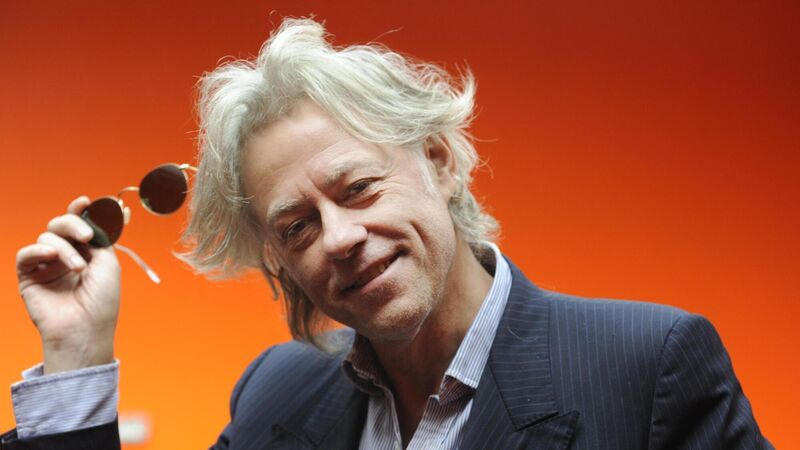Jennifer Horgan: Have we lost the ability to simply say nothing?

Bob Geldof has been accused of being 'the worst of us' merely for remaining silent on Gaza, something he confessed he didn't know much about. Does this really make him as bad as those doing the killing? File photo: Sasko Lazarov/RollingNews.ie
I’m writing at the end of a far too long working day, one spoilt by an utterance that could have remained unsaid. It didn’t achieve anything good.
You don’t need to know the details but it has me thinking — have we lost the ability to be silent, to bite our tongue, to not say the thing we could say, to keep schtum, keep the peace, keep our very many beans unspilled?












